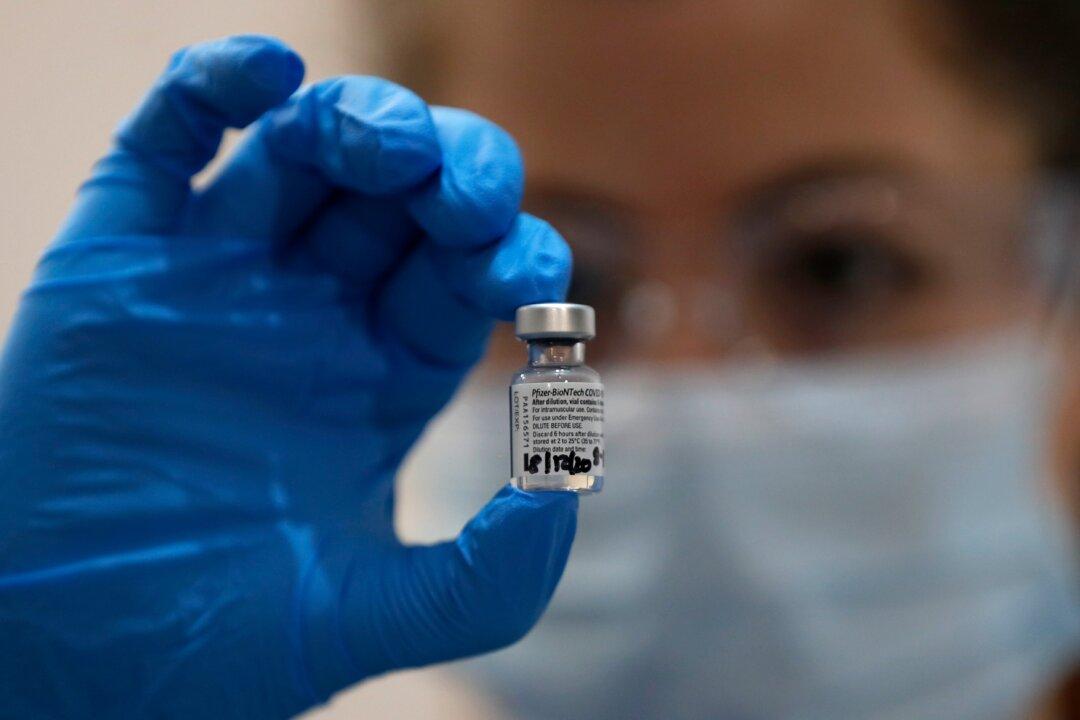The UK’s chief medical officers (CMOs) have recommended that the government offer one dose of the Pfizer-BioNTech COVID-19 vaccine to all 12- to 15-year-olds.
It comes after the Joint Committee on Vaccination and Immunisation (JCVI) declined to recommend the jabs to healthy children in this age group on health grounds alone.





